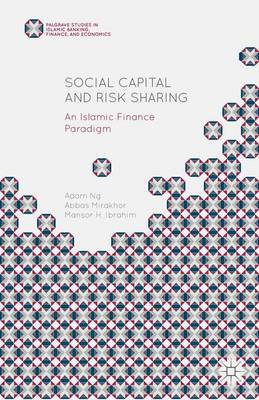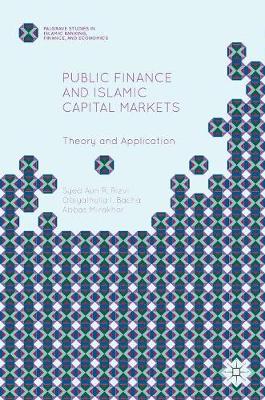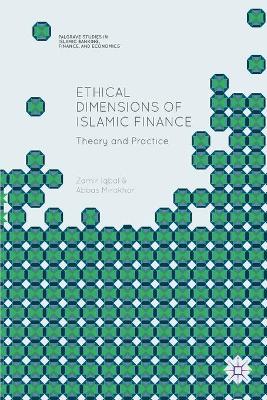Palgrave Studies in Islamic Banking, Finance, and Economics
3 total works
Social Capital and Risk Sharing
by Abbas Mirakhor, Adam Ng, and Mansor H. Ibrahim
Published 14 January 2014
This exciting new addition to Palgrave Studies in Islamic Banking, Finance, and Economics argues that social capital can facilitate rule-compliance and co-operation in the sharing of risk in financial and economic activities.
Public Finance and Islamic Capital Markets
by Syed Aun R. Rizvi, Obiyathulla I. Bacha, and Abbas Mirakhor
Published 17 October 2016
This book addresses the financing of government budgets with non-debt-creating flows through risk-sharing capital market instruments. It offers a comparative analysis with conventional finance to demonstrate the ability of Islamic capital market instruments to create an impetus for economic stability and growth. Rizvi, Bacha, and Mirakhor guide readers chronologically through the unfolding effects of macroeconomic policy implemented to reduce crippling sovereign debt, increase government financing, and guide governments to the path of economic progress.
This book provides an introductory theoretical foundation of the ethics embedded in Islamic economics and finance, and it shows how this ethical framework could pave the way to economic and social justice. It demonstrates how Islamic finance—a risk-sharing and asset-backed finance—has embedded universal values, ethical rules, and virtues, and how these qualities may be applied to a supposedly value-neutral social science to influence policy-making. This book argues that ethical and responsible finance, such as Islamic finance, could lead the efforts to achieve sustainable economic development. Iqbal and Mirakhor then conduct a comparative analysis of Islamic and conventional financial systems and present Islamic finance as an alternative that can address today’s growing problems of inequality, social injustice, financial repression, unethical leadership, and lack of opportunity to share prosperity.


